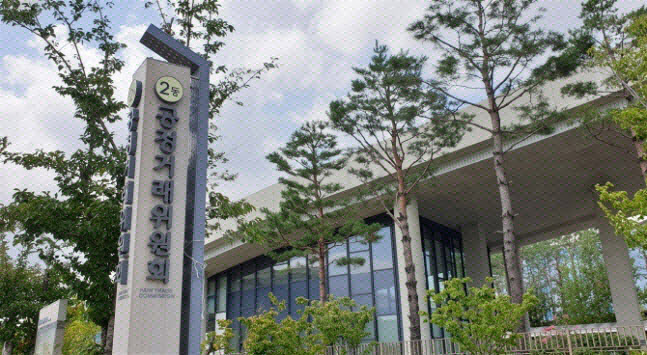|
[세종=이데일리 김상윤 기자] 7 steelmakers who had colluded in the process of purchasing steel scrap for 8 years were caught by competition authorities.
The FTC has decided to impose a fine of KRW 3083 billion on charges of collusion against seven steelmakers including Hyundai Steel Co., Ltd., Dongkuk Steel Co., Daehan Steel Co., Ltd., Ycase Steel Co., Ltd., Korea Steel Co., Korea Steel Co., Ltd., and Korea Special Steel Co., Ltd. It was revealed on the 26th. This is the fourth largest penalty surcharge imposed by the FTC.
Iron scrap is scrap metal that is sorted and processed by collecting by-products and scrap steel products (waste home appliances, scrap cars) generated during the production and processing of steel products. It is the main raw material for steel products such as reinforcement (reinforcing bar, steel plate). After the collector collects the iron scrap, it is distributed in a way that passes through the supplier (accounting company) to the steelmaker.
The iron scrap market is a’chronic excess demand market’ where domestic supply is less than demand. As steel scrap prices fluctuate greatly, steelmakers devised a collusion.
It was surveyed that these seven steelmakers agreed and implemented changes in the base price of steel scrap, a raw material for steel products such as rebar from 2010 to 2018, and the timing of the change. It is the exchange of key information that can affect the scrap purchase price, such as the price change plan for iron scrap purchase, the amount of inventory and receipt, and the import plan.
The collusion took place through the meeting of the purchasing team leader and the exchange of information between the purchasing team practitioners. Until 2016, we held’Jamzami’ through direct meetings, and from 2016 onwards, instead of refraining from meetings with the purchasing team leader, we continued collusion by exchanging key information among purchasing team practitioners of each company.
The steelmaker’s purchasing team leaders used pseudonyms (Kim Cheol-soo, Oh Ja-ryong, Ma Dong-tak, etc.) when making a meeting reservation and did not report to the company’s supervisors in order not to leave any evidence. It turned out that there was a secret collusion, such as prohibiting the use of corporate cards at all meetings of the purchasing team leader, paying for meals by withdrawing cash, and even prohibiting writing documents on the results of the meeting.
The Fair Trade Commission initially believed that collusion was carried out in the Yeongnam and Incheon areas, but the committee finally decided to sanction only Hyundai Steel and Dongkuk Steel, considering that it was a’loose collusion’, which lacked clear evidence that the collusion was carried out. decided.
In addition to fines, the FTC also imposed corrective orders, such as an order to prohibit information exchange. This is because if the information on steel scrap-related inventory, warehousing amount, and import plan is continuously exchanged, the purchase price of steel scrap can be known.
Kim Jung-gi, head of the Cartel Investigation Bureau, said, “It is meaningful that we have caught and sanctioned collusion in the scrap purchase market for a long time in secret.” “By breaking the practice of artificially adjusting prices through collusion by steelmakers in the scrap purchase market, competition It is expected to be activated.”

